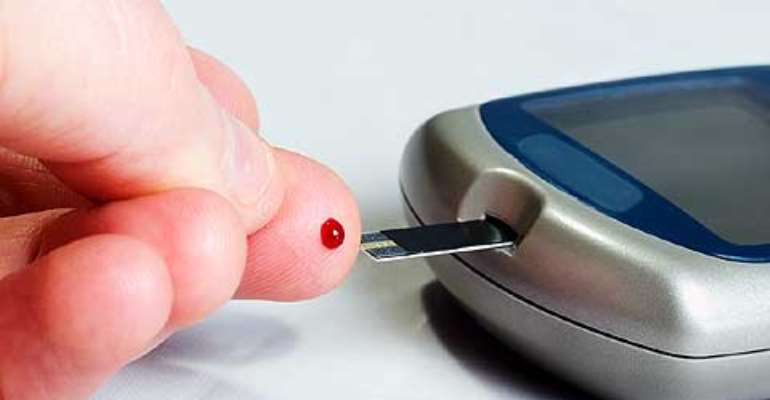PRECONCEPTION CARE IN DIABETES

Uncontrolled diabetes has a great consequence on the outcome of pregnancy. Both the mother and the developing baby are at risk of an untoward outcome. The effects that poor blood sugar control has on the developing foetus are multifarious and potentially devastating and as such should be prevented.
Hence, women with established diabetes or those that have had diabetes in pregnancy (Gestational diabetes) in a previous pregnancy must approach the next pregnancy with care and planning. A preconception care clinic is thus of utmost importance in women who fall into this category. The principal goal of this clinic is to, at the end of the day make for a healthy baby and mother. As the number of women in the reproductive age group in Nigeria with diabetes increases, so will the number of women who will require the services of a preconception care clinic.
The desired safe outcome for both mother and baby could only thus be achieved when the pregnancy is planned in conjunction with healthcare givers. In view of the ever present risk of unplanned pregnancies in women with diabetes who are in their child bearing years and the risk of malformations in foetuses of those with poorly controlled blood sugar levels, such women with child bearing potentials should be on effective contraception at times when they are not actively trying to conceive. Also, they have to ensure that their blood sugar levels are almost always under control. They need to be acutely aware that an unplanned pregnancy, in the presence of high blood sugar levels can lead to very challenging malformations in the foetus.
What are the specific risks that a mother and the foetus she is carrying may be passed through if the mother's blood sugar control is not well controlled prior to conception? Firstly, the risk of miscarriage is greatly increased. This is due to the fact that the high blood sugar level affects the viability of such a foetus as it can interfere with formation of critical organs in the foetus. When there are anomalies in the formation of organs, the likelihood that such a foetus will be aborted spontaneously is very high. For those that are not miscarried, they may be born with some grave abnormalities.
These abnormalities include that of the bones of the back and the spinal cord that will lead to paralysis of the legs of the baby even before birth. Other forms of malformation including that of the urinary tract can also be seen. Such babies are also at risk of being macrosomic (weighing more than 3.8Kg/9Lb) and are thus susceptible to severe birth injuries and death soon after delivery. The women are at a high risk of developing pregnancy induced hypertension which may be accompanied by convulsions. They also have a high likelihood of going into preterm labour.
In the preconception clinic, the woman with diabetes planning a pregnancy will meet with a multi-specialist team comprising diabetologist, obstetrician, dietitian, diabetes educator among others. All will be working toward the goal of a healthy mother and newborn. At this clinic, blood sugar and A1C (a test used to monitor long-term diabetes control) goals prior to and after conception will be explained to the woman and partner. Also, individuals previously managing their diabetes with tablets will have it changed to Insulin injections as the safe use of these tablets in pregnant states is not currently fully guaranteed.
Certain antihypertensive medications like angiotensin converting enzyme inhibitors and diuretics that the woman with hypertension and diabetes may have been on will be stopped and replaced with other antihypertensive medications that can be safely used in pregnancy. Folic acid supplementation will also be started at this period. The need to monitor blood sugar levels frequently, the appropriate diet, the need to and how to prevent low blood sugar levels which is dangerous will also be explained.
At such a clinic, women whose diabetes has become complicated with eye, heart or kidney disease will be identified after some examination and tests will have been carried out and will be advised not to try and conceive as conception may worsen their clinical condition.
